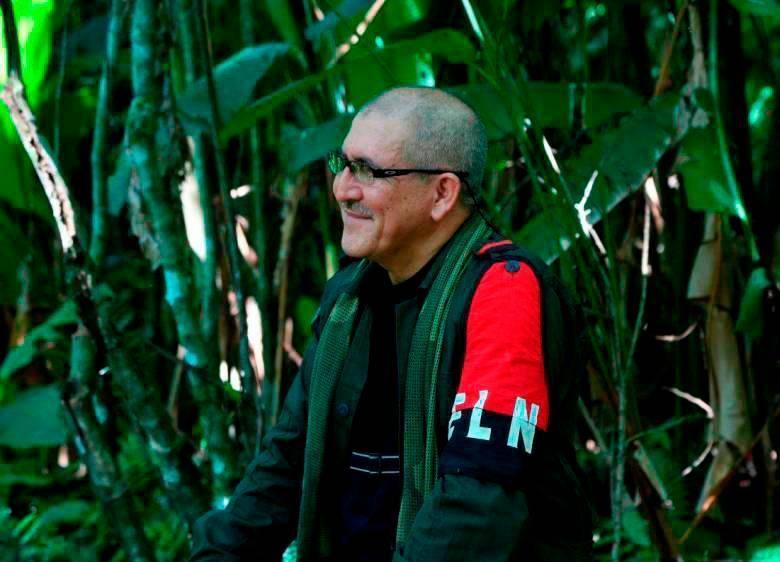
This month the prisoners of the social outbreak went on hunger strike for the fourth time. It is paradoxical that young people who are imprisoned for going out to protest must stop eating so that the government, in this case progressive, will listen to them. And not like that.
It is no secret that, in Colombia, leading social processes, participating in mobilizations and, in general, confronting the regime and sectors of the oligarchy, has led to stigmatization, persecution and imprisonment. This is expressed not only in the political prisoners of the ELN and other former insurgent groups such as the FARC, but also in the hundreds of social and youth leaders who were captured before, during and after the 2019 and 2021 protests.
Here are some figures to gauge the situation. The ELN has at least 600 members of its ranks in the country’s prisons, a figure similar to the one the FARC credited during its negotiations. Now, although it is difficult to carry out a census to identify all those who are imprisoned or prosecuted for reasons of social mobilization, some organizations speak of at least 300 young people who are currently facing the possibility of spending the next 30 or 40 years of their lives in prison.
And it is not just a question of being deprived of freedom, but of the conditions in which they find themselves. A Flacso study mentions that most Colombian prisons exceed 300% of their capacity. So overcrowding meets situations of torture, poor food, lack of water. Nothing different from what was expressed in 2013, ten years ago, when the state of affairs of prisons was declared unconstitutional.
Even in the case of political prisoners, things get worse. Last year, the group of political prisoners ‘Orlando Quintero Páez’, made up of members of the ELN, sent Pablo Beltrán a letter in which they assured that the guards subjected them to constant psychological stress.
Numerous investigations have also been carried out to characterize the people who are often imprisoned. They are usually affected by multiple factors of exclusion: they are impoverished and marginalized in the criminal chain, now exposed to violent and criminal dynamics. But even knowing this, and without questioning the current prison and prison system, this week celebrated the purchase of land for the construction of a new prison in Bogotá, and supremely repressive models such as those implemented by Nayib Bukele are supported.
Returning to what we now have to do, it is ironic to talk about peace, as the Petro government does, without referring to political prisoners. Even more so after one of his big campaign flags and speeches when he first took office was the release of prisoners from the social outbreak. Today not only has this not happened, but they had to go hungry for nine days to get a ruling from the government.
As things stand, you have failed both of us. To them because he did not keep his promise and because he ignored for more than a week the call for dialogue. To us because it still does not recognize the existence of political prisoners in Colombia and because it has not fulfilled the agreements on this issue within the framework of the Dialogues.
The place of political prisoners at a time of peace-building is crucial. The recognition of this category, as well as of a punitive justice system that has focused on persecuting young people and leaders, is an important step towards recognizing the asymmetries that exist in thinking and acting for a different country. A regime that jails and kills those who are critical of it is a violent regime that seeks to maintain its benefits and comforts by eliminating those who “put it at risk.”
Peacebuilding requires the involvement of all sectors of civil society, including persons deprived of their liberty. The prisoners themselves said so when they demanded the installation of a dialogue table, thus broadening the interpretation of the “armed conflict” to include a social and political conflict.
As I said in one of the last interviews with me, a true peace process is reflected in the cessation of political persecution. And if the Government does not show the will to release or at least listen to the political prisoners, how can we be confident that we are going through a real transition to peace?
Antonio Garcia
ELN